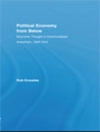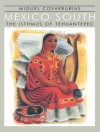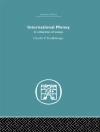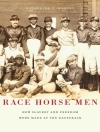The standard histories of Israeli literature limit the canon, virtually ignoring those who came to Israel from Jewish communities in the Middle East. By focusing on the work of Iraqi-born authors, this book offers a fundamental rethinking of the canon and of Israeli literary history.
The story of these writers challenges common conceptions of exile and Zionist redemption. At the heart of this book lies the paradox that the dream of ingathering the exiles has made exiles of the ingathered. Upon arriving in Israel, these writers had to decide whether to continue writing in their native language, Arabic, or begin in a new language, Hebrew. The author reveals how Israeli works written in Arabic depict different memories of Iraq from those written in Hebrew. In addition, her analysis of the early novels of Hebrew writers set against the experience of ‘transit camps’ (ma’abarot) argues for a re-evaluation of the significance of this neglected literary subgenre.
Mục lục
Acknowledgments
Preface
Part One. The Literature of Exile and Iraqi Jewish Writing
1. Exile, Literature, and Jewish Writers
2. The Jewish Community in Iraq
3. Jewish Writers of Modern Iraqi Fiction
Part Two. Narrative Writings of the Iraqi Jews in Israel
4. The Choice of Language
5. The Experience of Transition: First Novels in Hebrew
6. Childhood in Iraq: Narratives in Arabic
7. Different Perspectives on Life in Iraq: Narratives in Hebrew
8. Conclusion
Notes
Bibliography
Index
Giới thiệu về tác giả
Nancy E. Berg is Assistant Professor of Hebrew and Comparative Literature at Washington University in St. Louis.












